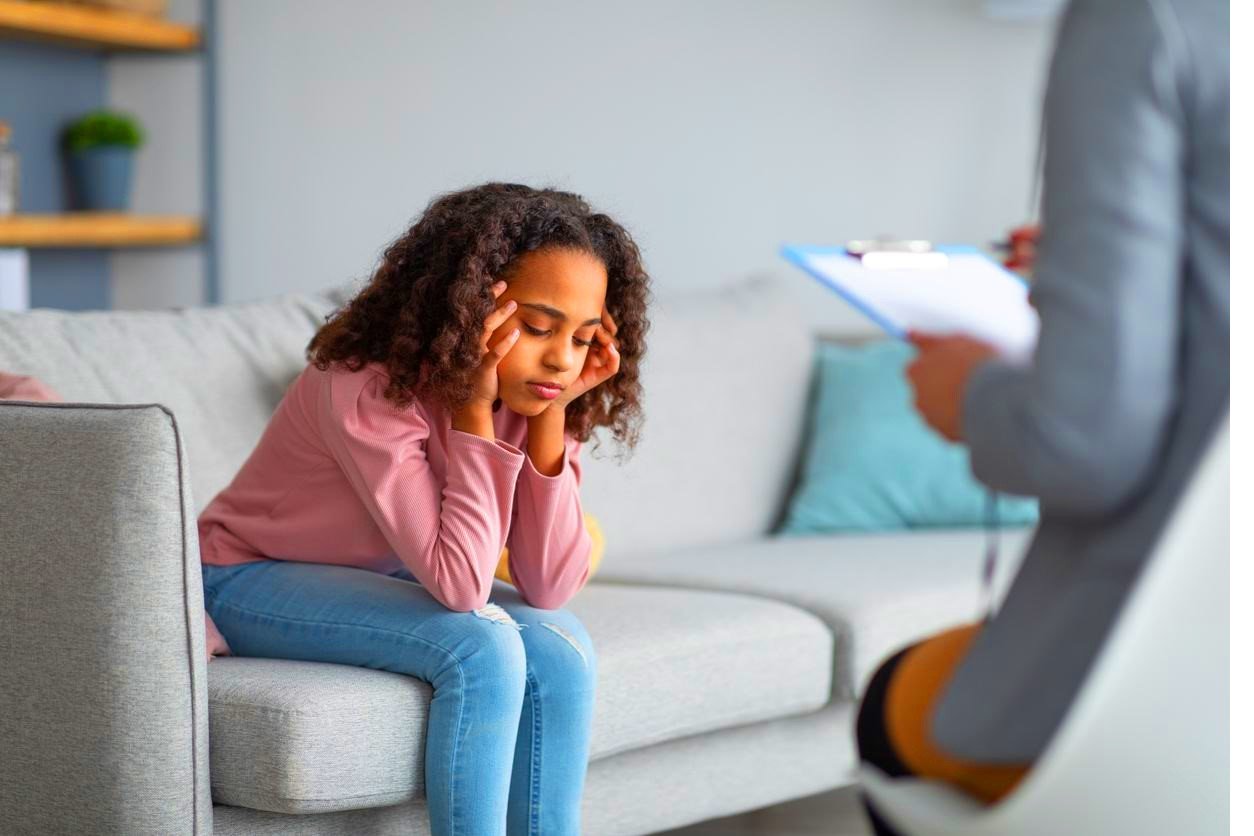Domestic Violence Shelters and Legal Support: Providing Safety and Empowerment

Domestic violence is a pervasive issue affecting millions of individuals worldwide, irrespective of age, gender, or socioeconomic status. In the face of such adversity, domestic violence shelters play a crucial role in providing immediate safety and support to survivors. These shelters offer more than just physical refuge; they serve as havens of emotional solace and empowerment for those fleeing abusive situations.
Importance of Domestic Violence Shelters
Providing Immediate Safety
Domestic violence shelters offer a secure environment where survivors can seek refuge from their abusers. These shelters are equipped with trained staff who understand the complexities of domestic violence situations and are dedicated to ensuring the safety and well-being of residents.
Offering Emotional Support
In addition to physical safety, domestic violence shelters provide much-needed emotional support to survivors. Trained counselors and support groups help individuals process their trauma, rebuild self-esteem, and envision a future free from violence.
Role of Legal Support in Domestic Violence Cases
Understanding Legal Rights
Legal support services educate survivors about their rights and options within the legal system. This includes assistance in obtaining protective orders, navigating court proceedings, and accessing resources such as legal aid programs.
Navigating Legal Processes
Navigating the legal system can be daunting for survivors of domestic violence. Legal advocates provide invaluable assistance in understanding legal terminology, filling out paperwork, and representing survivors’ interests in court.
Challenges Faced by Domestic Violence Survivors
Fear of Retaliation
Many survivors hesitate to seek help due to fear of retaliation from their abusers. Domestic violence shelters and legal support services prioritize confidentiality and safety measures to address these concerns.
Financial Dependence
Financial dependence on the abuser often complicates the decision to leave a violent relationship. Shelters and legal support services offer financial assistance and resources to help survivors achieve financial independence.
Psychological Trauma
Domestic violence leaves deep psychological scars on survivors. Comprehensive support services, including counseling and therapy, are essential for addressing trauma and facilitating healing.
The Need for Comprehensive Support Systems
Collaboration between Shelters and Legal Services
Collaboration between domestic violence shelters and legal support services ensures a holistic approach to supporting survivors. Coordinated efforts streamline access to resources and enhance the effectiveness of interventions.
Community Outreach and Education
Community outreach and education programs raise awareness about domestic violence, challenge societal norms that perpetuate abuse, and provide information about available support services.
Available Resources for Domestic Violence Survivors
Counseling Services
Counseling services offered by domestic violence shelters help survivors navigate the emotional aftermath of abuse and develop coping strategies for rebuilding their lives.
Financial Assistance
Financial assistance programs provide survivors with the means to secure housing, obtain necessities, and pursue education or employment opportunities.
Housing Support
Transitional housing programs offer survivors a stable and supportive environment as they transition from shelters to independent living.
Empowering Survivors to Rebuild Their Lives
Self-Care and Healing
Empowering survivors to prioritize self-care and healing is essential for their long-term well-being. This includes fostering resilience, setting boundaries, and practicing self-compassion.
Rebuilding Social Networks
Supportive communities play a vital role in the recovery process. Domestic violence shelters facilitate connections with support groups, mentors, and other survivors to help rebuild social networks.
Legislative Measures to Combat Domestic Violence
Protective Orders
Protective orders provide legal protections for survivors by prohibiting contact with the abuser and granting temporary custody of children.
Legal Aid Programs
Legal aid programs offer free or low-cost legal assistance to survivors who cannot afford traditional legal representation.
Addressing the Stigma Surrounding Domestic Violence
Raising Awareness
Raising awareness about the prevalence and impact of domestic violence helps break the silence and reduce the stigma associated with seeking help.
Fostering Supportive Communities
Creating supportive communities that offer empathy, understanding, and non-judgmental support is crucial for survivors to feel safe and validated.
Read More: Landlord-Tenant Law: Obligations and Rights
Supporting Children Affected by Domestic Violence
Therapeutic Interventions
Therapeutic interventions tailored to children affected by domestic violence help them process their experiences, develop coping skills, and build resilience.
Educational Support
Educational support programs ensure that children affected by domestic violence have access to resources and opportunities that promote academic success and emotional well-being.
Intersectionality in Domestic Violence
Understanding Different Perspectives
Recognizing the intersectionality of domestic violence involves understanding how factors such as race, ethnicity, sexual orientation, and socioeconomic status intersect with experiences of abuse.
Cultural Sensitivity
Cultural sensitivity is essential in providing support services that are inclusive and respectful of survivors’ diverse backgrounds and identities.
Promoting Prevention Strategies
Early Intervention Programs
Early intervention programs focus on identifying and addressing risk factors for domestic violence before they escalate into abusive situations.
Education on Healthy Relationships
Educational initiatives that promote healthy relationship dynamics and teach consent and conflict resolution skills are essential for preventing domestic violence.
The Role of Technology in Addressing Domestic Violence
Online Resources and Hotlines
Online resources and hotlines provide survivors with access to information, support, and safety planning tools, especially in situations where seeking help in person may not be safe.
Safety Apps
Safety apps equipped with features such as emergency contacts, GPS tracking, and discreet distress signals empower survivors to seek help and stay safe.
Global Perspectives on Domestic Violence Shelters and Legal Support
International Organizations
International organizations advocate for policies and initiatives that address domestic violence on a global scale and support the development of shelters and legal support services worldwide.
Cross-Cultural Approaches
Cross-cultural approaches to domestic violence recognize and respect diverse cultural norms and practices while promoting universal human rights and gender equality.
Read More: Domestic Violence Laws and Protection Orders: A Detailed Exploration
Conclusion
Domestic violence shelters and legal support services are essential pillars of support for survivors seeking safety, healing, and empowerment. By providing comprehensive resources, advocating for survivors’ rights, and promoting prevention strategies, these organizations play a vital role in breaking the cycle of violence and fostering a society where all individuals can live free from fear and abuse.
FAQs
How can I find a domestic violence shelter in my area?
You can contact national hotlines or organizations dedicated to supporting survivors of domestic violence for information about shelters in your area.
What legal options do I have if I’m experiencing domestic violence?
Legal options may include obtaining a protective order, filing for divorce or separation, seeking custody or child support, and accessing legal aid services.
Are domestic violence shelters only for women?
No, domestic violence shelters provide support services to individuals of all genders who are experiencing or fleeing domestic violence.
How can I support a friend or family member experiencing domestic violence?
Listen non-judgmentally, offer emotional support, help them access resources such as shelters or hotlines, and encourage them to prioritize their safety.
What should I do if I suspect someone I know is experiencing domestic violence?
Express concern, offer support and provide information about available resources while respecting their autonomy and confidentiality.











